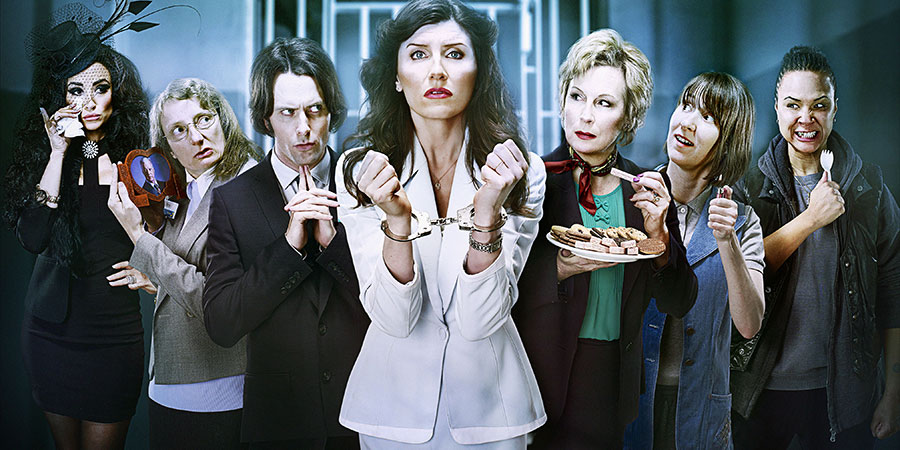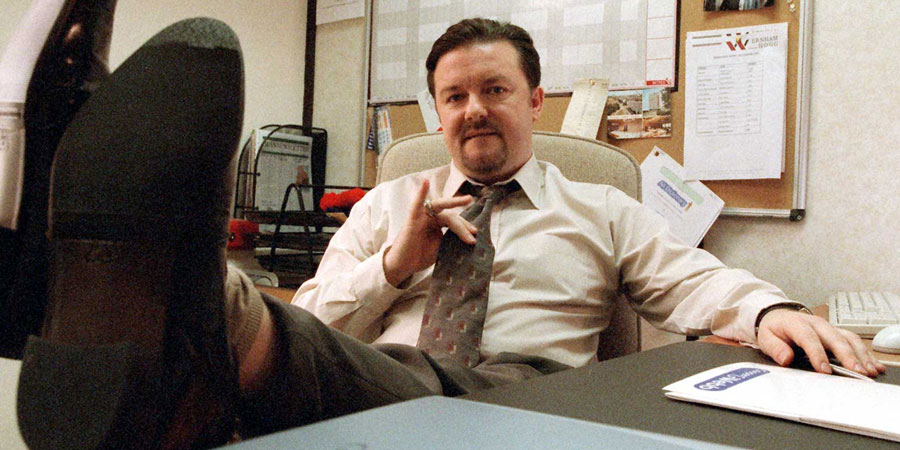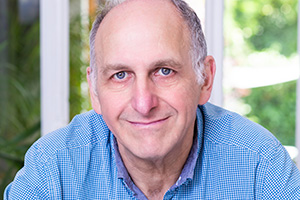Fix the first 10 pages of your sitcom script

Dave Cohen has some words for advice for how to make sure the first ten pages of your script are as impressive as possible before entering a competition.
There's always a good reason to not send that script. To decide at the last minute that it's not good enough. Until someone's paying you to write it. In which case, the luxury of perfection tomorrow is denied you.
If it's too late to manage that drastic rewrite you now realise is required, can you at least salvage the first ten minutes? A reader blown away by your opening will give you a lot of leeway for the rest of the script.
I often read the first ten pages of new scripts, and attend showcase performances of the opening ten minutes of comedy shows by new authors. Nothing beats the terror and excitement of seeing your words performed in front of an audience. You can blame the actors all you want but you'll need a better excuse than blaming them when the audience is not laughing.
Whatever you're writing, you need to make a strong impression in your opening ten pages. Given that a car chase or exploding building will only tell your reader that you've used the entire budget for the movie in your first minute, what else can you do to hold their attention?
Every script or story you write has to have as much of the following as possible in the first ten pages. I'd go further and say that when you're creating a show with new and hopefully returning characters, and fresh stories, you should have as much of this as you can in every single scene:
The main character should be one of the most compelling reasons for you wanting to write. You've come up with a character so original, and so funny, you want him or her to be around as much as possible. Everything that happens will revolve around them.
The main premise is the underlying theme, which I'm hoping you will have spent a lot of time thinking about. It's usually defined by the flaw(s) in the main character, or them trying to be something they're not. It's not enough to say "I want to write a sitcom about a bloke who runs a hotel": you have to want to show a bloke doing a job whose character makes him thoroughly and perfectly unsuited to it.
The story needs to start as soon as possible. Something has to happen to your main character. A crisis, or an opportunity. Whatever genre you're writing in, there should be someone (or possibly a couple of people) in pursuit of something they don't have, or may not even know they want, yet. In the opening ten pages, and throughout the script, we want to see them plotting to get it. In sitcom we already know they will fail at the end, but we return because we want to know how they're going to fail next time around.
And it should be a life-changing moment. If you're lucky enough to have actors trying out your script, think of how much you can stretch them to give their best performance. How big is that "something happens" moment? Your actor would love it to be potentially life changing.
The "world" can be any combination of factors like the location, the "rules of engagement" between characters (for instance we can tell during any scene between Sybil and Basil what their relationship is like), or familiar landmarks that will help add layers of meaning to the show.
If you're writing a comedy set in a warzone, such as M*A*S*H (which began as a novel, then became a movie, then a sitcom) or Three Kings, whatever else is going on, you know that every character is aware they could be killed at any time. This is a great setting for gallows humour, everybody can be as rude as they like to everybody else because fear of the common enemy is bigger than any arguments they may have with each other.
Watch out for people talking. At the last showcase I attended I saw lots of good performing of funny jokes. We all like jokes, I can't repeat enough how often we forget to put jokes in our scripts. But if your script consists of people talking in jokey conversations and little else, you might as well be writing a panel show.
Finally here are a few thoughts that seem to contradict each other. Yet all can be contained in one great show:
Think big

One of the episodes I watched was a sitcom about a hostage situation, the premise was clever and there were funny twists along the way. Remember, though, that characters drive stories. Even the most gripping hostage movie can be enhanced when we take a moment out of the breath-taking story to examine the minutiae of the lives of those involved.
Don't let big distract you too much. One of my favourite sitcoms in recent years was Dead Boss, in which Sharon Horgan's character had been wrongfully arrested, and the main story was about trying to get her out of prison. The characters were all great and the prison sitcom sections worked really well. However the story outside was so different - it lacked the conflict and confinement of the prison and crucially, it lacked Sharon Horgan, comedy superstar - that it ended up being two different shows.
But not necessarily size big

The best showcase opening I saw was a small gentle one, involving a young woman whose partner had died. That doesn't sound promising but there was emotional depth, and room for great humour and pathos too.
However... big or small, there must always be at least one new thing. There's a lot of contradiction going on in this chapter (or is there?) which is exactly how it should be. If everything I said was right, then I'd be far too busy writing episode 250 of my international sitcom hit to be doing this now. There's nothing wrong with pitching another sitcom set in a police station, if you can make it as dazzling and original as Brooklyn Nine Nine.
I read a lot of scripts by twentysomething male writers about a bunch of twentysomething blokes whose lives are going nowhere. I accept that I am having a go at you for trying to come up with the next Friends or Slackers - but those worked because they brought something new to a familiar setting. And one of my favourite sitcoms of recent times is Lovesick, about a bloke who can't settle down.
Backstory

I'm hoping you'll be so busy trying to get all of the above into your opening ten pages that you won't have any time for that other staple of the first ten pages of every doomed sitcom script I've ever read... backstory.
Backstory is the enemy of comedy. What was David Brent doing before he became the boss at Wernham Hogg? How did he get that job? I don't know. How did Jez and Mark in Peep Show first meet? I don't care.
There is a reason writers put backstory into their scripts, and it's because they believe, mistakenly, that we need to set up the story to understand who the characters are. But we don't. There are three Catholic priests and a housemaid trapped on a remote island as far away from humanity as it's possible to be. We occasionally find out how come they all ended up there but the writers don't dwell on it. Our enjoyment of Father Ted doesn't depend on this knowledge.
The other reason people add backstory is because it's a substitute for the really hard groundwork you have to put in before you write a single word of the script. You have to land your fully-formed characters into the middle of page one: even if we don't yet know who they are or why they act in such a way, we are trusting the writer to reveal everything through the story.
In movies and novels, backstory has a place, but not in the first ten pages. Later, it works best when it teases out the main reasons your character has been unable to resolve whatever problem you threw at them at the end of act one. Too often it is the convenient fall-back to pull the writer out of a tricky plot situation they have created for themselves. This is always unsatisfying, and invariably the fault of a writer who has not worked hard enough to create a believable, compelling character.
I'm going to tell you how I got to be writing blogs about comedy. About ten years ago, the stand-up comedy website Chortle began running a page called Correspondents, where people were invited to write anything they wanted about comedy. I read a few articles and realised this was something I could probably do quite well.
Gradually I wrote more articles until in 2013 I decided to adapt what I'd already written and turn it into a book. Since then I've realised I still love writing about comedy, and over the course of the next few years I developed ideas that were turned into a new book.
See how boring those last two paragraphs were? Backstory? Bin it.
And now it's time to wave goodbye to your darling, the most recent love of your life, press that button and send your beautiful, perfect-as-it'll-ever-be script fluttering out onto the superhighway. They say that loving your babies is knowing when to let go.
Time to begin work on your next idea.
This article is provided for free as part of BCG Pro.
Subscribe now for exclusive features, insight, learning materials, opportunities and other tools for the British comedy industry.




